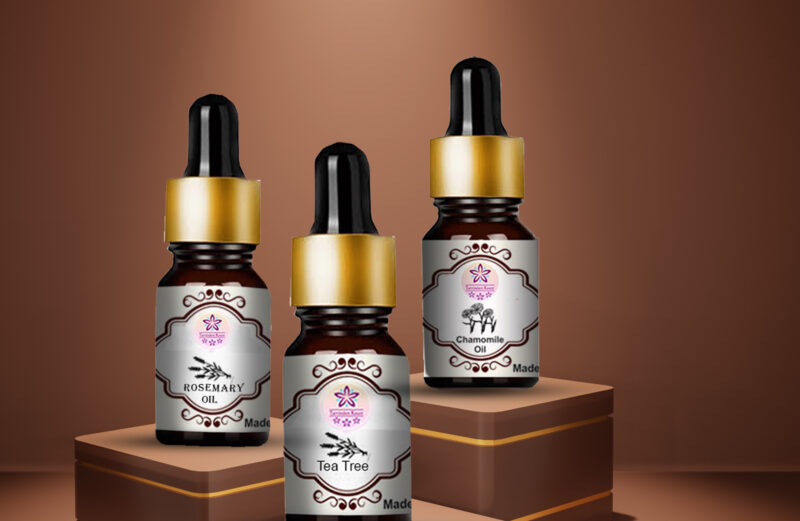Essential oils are concentrated plant extracts that capture the natural fragrance, flavor, and beneficial properties of plants. They are extracted through various methods, such as steam distillation, cold pressing, or solvent extraction. These oils contain volatile compounds that give them distinctive aromas and potential therapeutic properties.
Essential oils have been used for various purposes for centuries, including aromatherapy, massage, skincare, and alternative medicine. The efficacy of essential oils can vary, and while many people find them beneficial, it’s essential to understand that their effects can be subjective and may not be universally supported by scientific evidence. Here are some aspects to consider:
Potential Benefits of Essential Oils:
- Aromatherapy: Essential oils are commonly used in aromatherapy, a holistic practice that uses scents to promote physical, emotional, and mental well-being. Certain aromas are believed to have mood-enhancing or calming effects.
- Relaxation and Stress Reduction: Many people use essential oils for relaxation and stress relief. Scents like lavender, chamomile, and bergamot are often associated with calming effects.
- Skincare: Some essential oils have been incorporated into skincare products for their potential benefits. For example, tea tree oil is known for its antimicrobial properties, and lavender oil is often used for its skin-soothing qualities.
- Antimicrobial Properties: Certain essential oils have demonstrated antimicrobial properties in laboratory studies. Oils like tea tree, eucalyptus, and peppermint may have antibacterial or antifungal effects.
- Pain Relief: Some people use essential oils for pain relief, especially for conditions like headaches or muscle aches. Peppermint and eucalyptus oils, for example, are often used for their cooling sensation.
Considerations and Cautions:
- Individual Responses Vary: Responses to essential oils can vary widely among individuals. What works well for one person may not have the same effect on another.
- Limited Scientific Evidence: While there is some scientific research supporting certain uses of essential oils, the evidence is often limited, and more research is needed to establish their efficacy for specific health claims.
- Potential Side Effects: Essential oils are potent and should be used with caution. Skin irritation, allergic reactions, or respiratory issues may occur in some individuals. It’s crucial to dilute oils properly and perform patch tests.
- Not a Substitute for Medical Treatment: Essential oils should not be used as a substitute for medical treatment. If you have a medical condition or are pregnant, it’s advisable to consult with a healthcare professional before using essential oils.
- Quality Matters: The quality of essential oils can vary, and some products may be adulterated or of lower quality. Choose reputable brands and be aware of the sourcing and production methods.
In summary, essential oils can offer a pleasant sensory experience, and many people find them beneficial for various purposes. While some uses are supported by scientific research, the evidence is often preliminary, and caution should be exercised. It’s advisable to use essential oils mindfully, be aware of individual sensitivities, and consult with a healthcare professional when needed.

